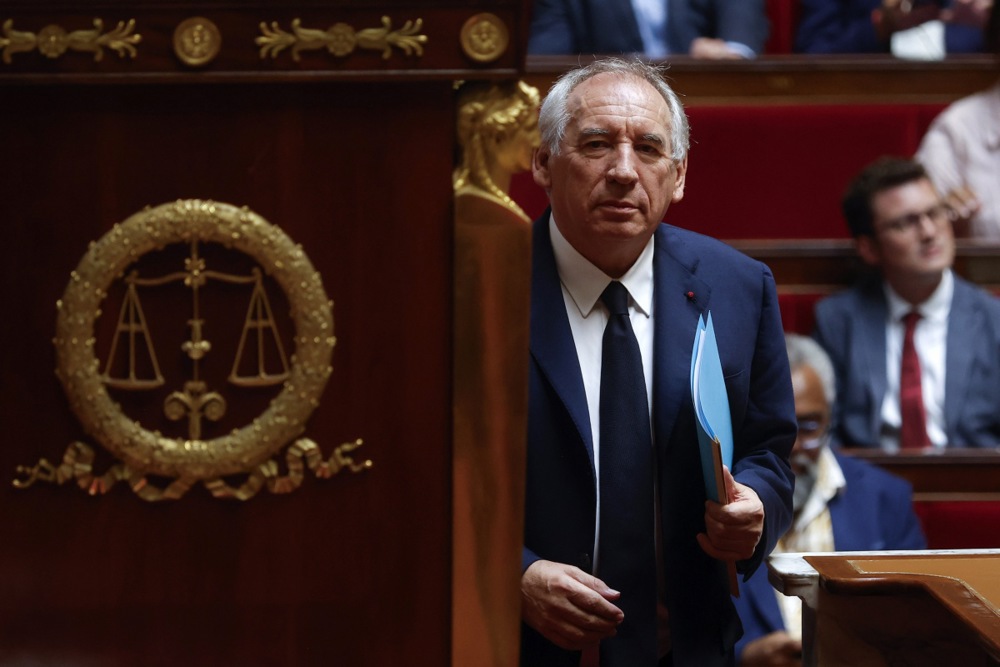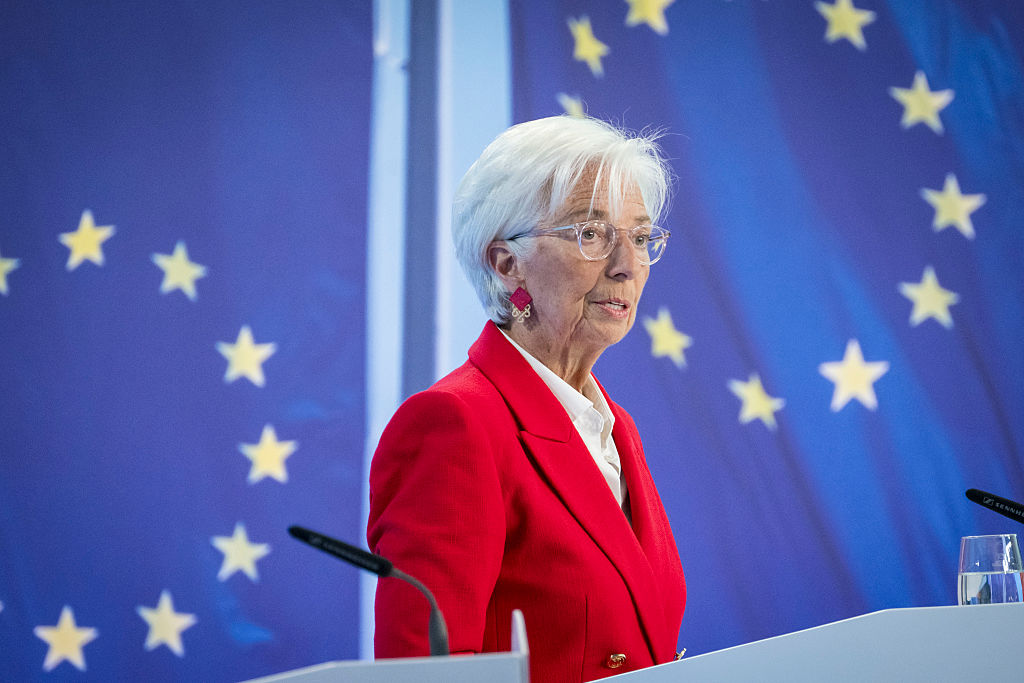Defence spending can help growth if done correctly, according to the European Central Bank (ECB).
According to a study published by the ECB today, extra defence spending could boost economic growth in the short run – although the effect depends on timing, financing and how governments manage expectations.
This flies in the face of economic orthodoxy, which does not associate increased defence spending with economic growth.
The ECB’s economists modelled what happens if euro area countries steadily raise defence spending from about 2 per cent of GDP today to 3 per cent by 2028.
The result is that every extra euro spent by governments could generate almost one euro of additional GDP within two years. That is a higher multiplier than many expected, given that defence does not usually create obvious civilian benefits.
The ECB stressed that growth gains fade if citizens expect tax hikes, if central banks are forced to raise interest rates sharply, or if governments announce big spending plans long before they are implemented. In those cases, households and firms adjust early – saving more or investing less – and the boost shrinks.
There are also side-effects. Extra demand pushes up inflation a little, by around 0.1 to 0.2 percentage points and it can reduce private investment as governments absorb resources. Still, the ECB found that the short-term positives outweigh the negatives, at least under current assumptions of stable borrowing costs.
The ECB highlighted that defence spending can support growth in the short term if financed through borrowing though experts said it must be paired with credible structural reforms to reduce debt, not just temporary fixes.
EU members are committed to fiscal rules that limit how much they can borrow or run as deficits. Under the Stability and Growth Pact, member states are generally expected to keep their budget deficits below 3 per cent of GDP and public debt below 60 per cent of GDP.
The EU has signalled flexibility on defence spending: Investments may be partially exempted from strict limits under a “national escape clause” when security conditions demand it.
For the ECB, military budgets can provide a meaningful short-term boost, almost one-for-one with GDP.
But without credible long-term reforms, that benefit is likely to be quickly offset, either by higher borrowing costs or by the drag of taxation.





